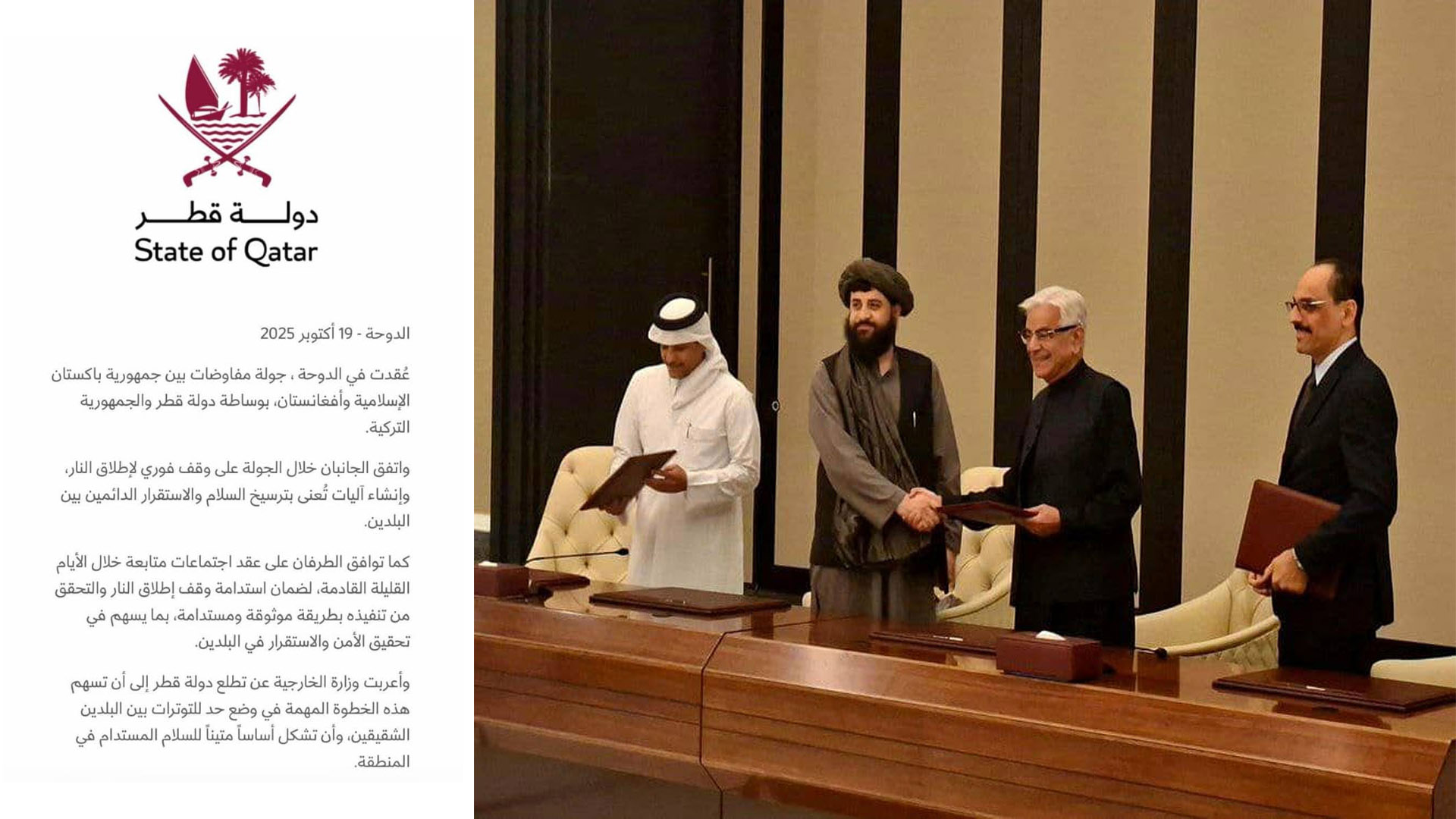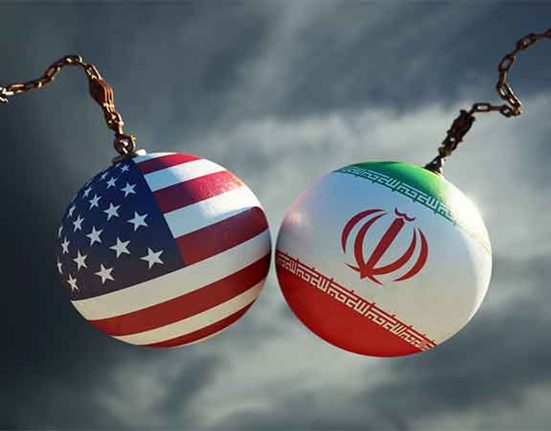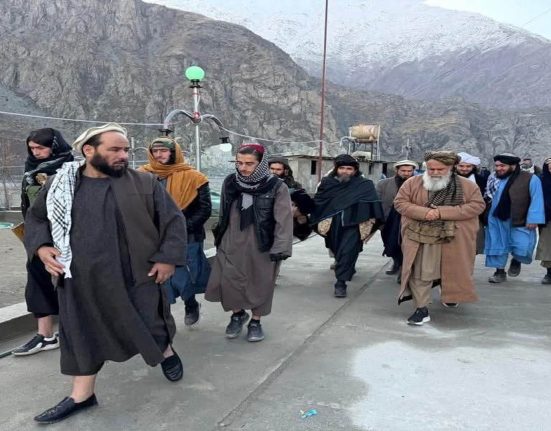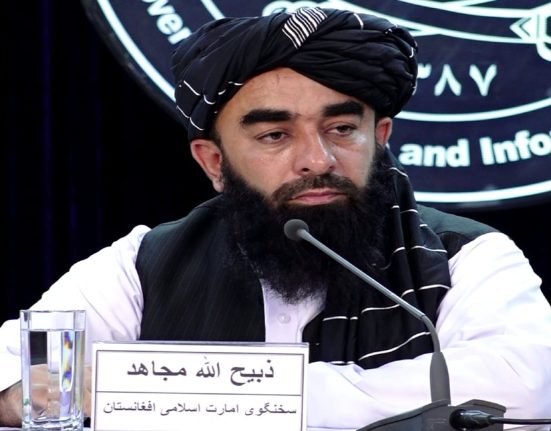
Analysts: Signing a document respecting Pakistan’s territorial integrity is a political mistake by the Taliban.
The new agreement between the Taliban and Pakistan in Doha, which emphasizes “respect for each other’s territorial integrity and sovereignty,” has sparked a wave of reactions and analysis among Afghan experts and writers.
Critics say that this agreement could have long-term political consequences for Afghanistan and even pave the way for the tacit acceptance of the Durand Line.
The agreement was brokered by Qatar and Turkey.
Shahir: “Territorial integrity and Durand in Doha’s new game”
Shahir Bek, a political analyst, wrote in a note on his Facebook page titled “Territorial integrity, Durand and the calculated game in Doha” that signing this agreement is a calculated step by Islamabad.
According to him, the phrase “respect for territorial integrity” in international texts usually means tacit acceptance of existing borders.
Shahir Beg says: “Pakistan now has a document that in the future can claim that the Taliban themselves have respected the territorial integrity of this country; even if the Durand Line is not mentioned.”
He has warned that the Taliban have entered into an agreement that may be costly for Afghanistan in the future, either due to political inexperience or in the pursuit of gaining global legitimacy.
Similarly, Sardar Mohammad Rahmanoghli, a diplomat, writer and analyst of regional issues, considers this agreement to be a continuation of a “historical pattern” that Afghan governments have shown in the face of foreign pressure.
He wrote on his Facebook page:
“From handing over the famous Turkestan mujahideen Ibrahim Beg to the Soviet Union to cooperating in suppressing the Turkestan Islamic Movement led by Tahir Yuldash and Juma Namangani, everything shows that the ruling tribal power in Kabul has repeatedly neglected the interests of its people to please foreigners.”
Rahmanoghli adds that the tribal Taliban are now taking a similar path and, by getting too close to Pakistan, have increased the risk of losing national decision-making independence.
Dr. Sami Hamid: “Misunderstanding of the Taliban-Pakistan conflict”
Dr. Sami Hamid, a well-known poet and writer in the country, considers this agreement a sign of “the complexity of the internal relationship between the Taliban and Pakistan,” and says:
“The apparent contradictions between the Taliban and Pakistan are actually an internal conflict, not a national one. For the Taliban, Pakistan is not a foreign country, and for Pakistan, the Taliban are part of the strategic depth.”
According to Dr. Hamid, some of the Taliban may oppose Pakistan due to proxy dependencies with other countries such as India, but this is not a national issue.
He adds: “No country intends to leave the Doha Memorandum of Understanding. The main game continues within the same framework, and the Taliban are the main players. A change of scene is possible only with the emergence of an independent and popular force inside Afghanistan.”
Dr. Mujib Rahimi, former spokesman for the former Afghan government’s executive office, considers the weakness of the Taliban’s diplomatic apparatus to be the main factor behind such agreements.
He said in a note:
“One of the achievements of the republic was a foreign ministry with expert diplomats who knew how to incorporate national interests into the text of agreements. The Taliban destroyed this structure and Talibanized the foreign ministry. The result is that now the text of agreements is written more in favor of the other side than Afghanistan.”
Rahimi emphasizes that the lack of international law experts and professional diplomats has put the Taliban in a weak position in foreign negotiations.
The signing of this agreement has received widespread attention among citizens, political activists, and legal observers.
Some have called it a “tacit acceptance of the Durand Line,” while others have called it “an attempt by the Taliban to reduce Pakistan’s military pressure.”
In Pakistan, official media outlets have hailed the agreement as a “diplomatic achievement.”
Four Afghan analysts collectively warn that the Doha agreement between the Taliban and Pakistan is more than a brief political statement.
They believe the agreement is part of a regional power play that could have profound implications for Afghanistan’s borders, independence, and diplomacy.
In a country where decisions are made in narrow circles, perhaps, as Ahmad Shaheer has written, “sometimes a single signature can determine the fate of a border for generations.”







